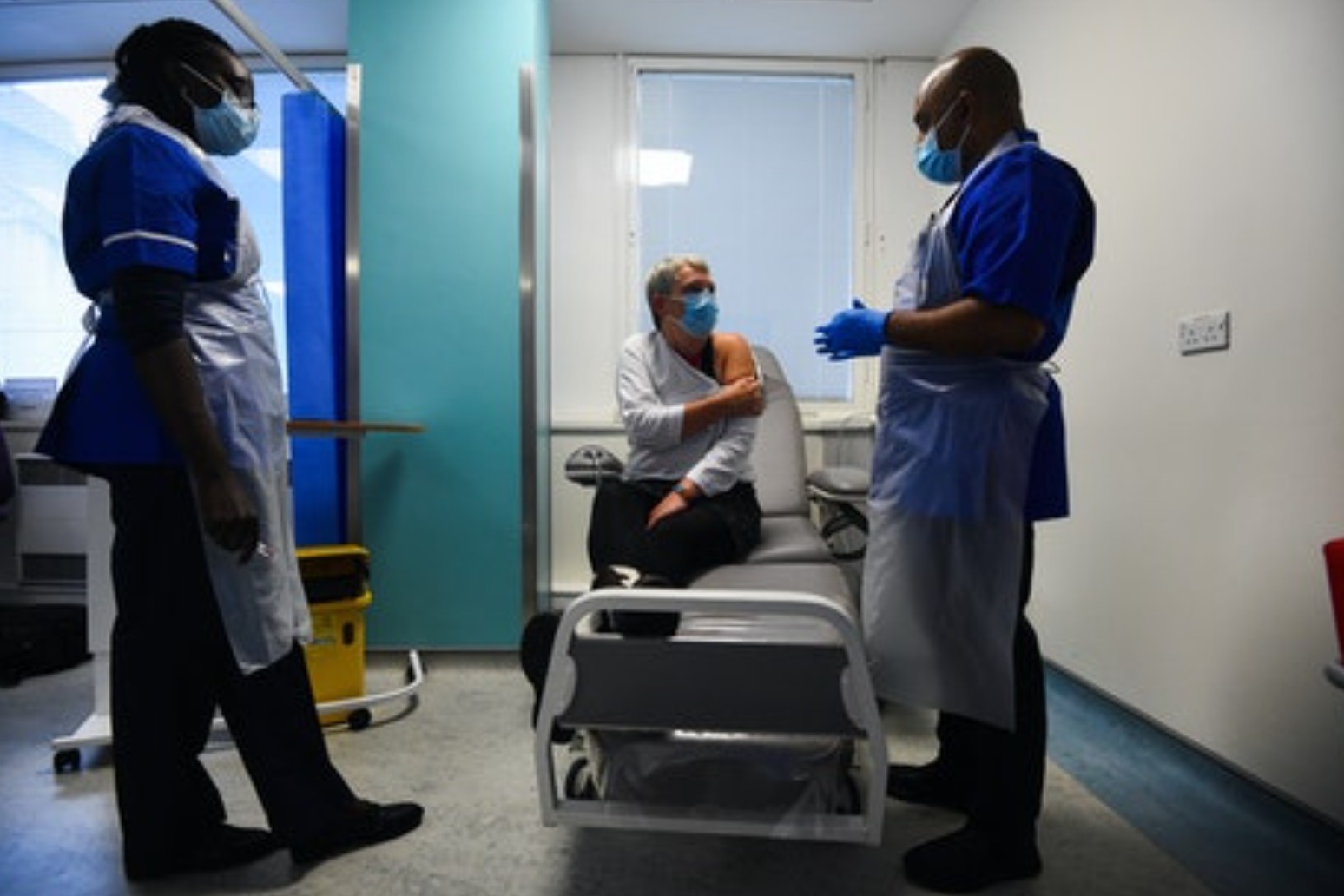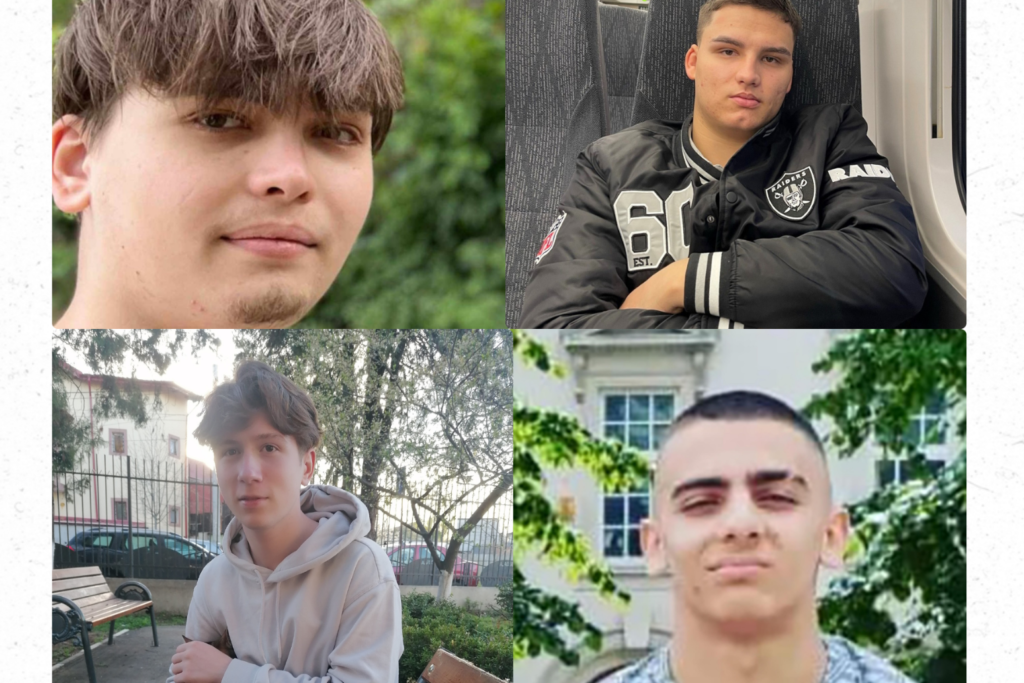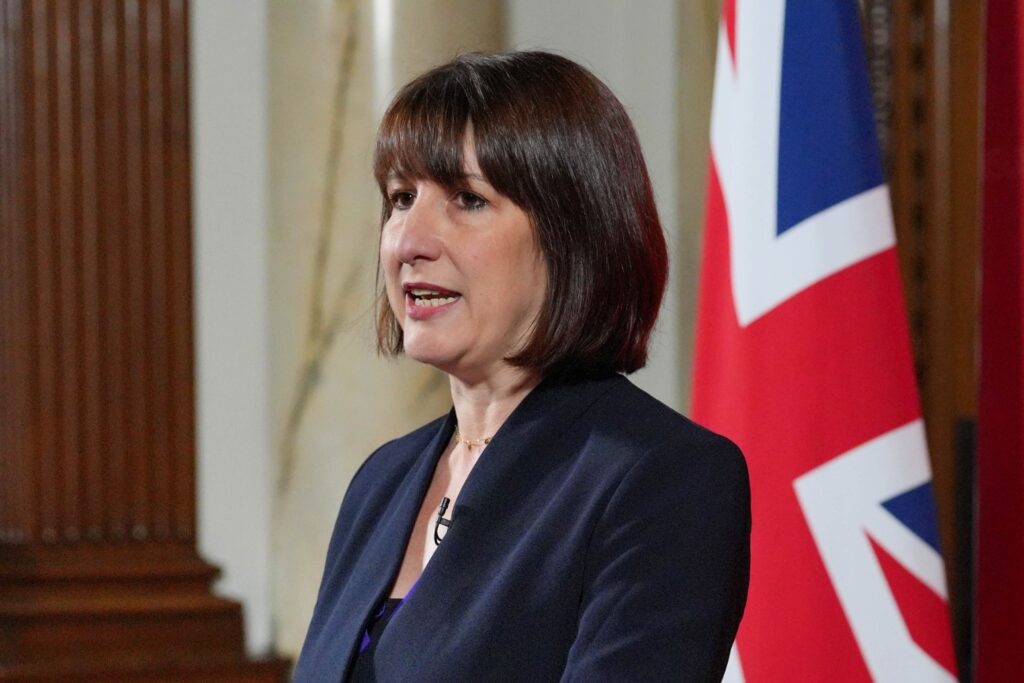This website uses cookies so that we can provide you with the best user experience possible. Cookie information is stored in your browser and performs functions such as recognising you when you return to our website and helping our team to understand which sections of the website you find most interesting and useful.
Vaccine race Test subjects could be exposed to Covid in January
20/10/2020

Test subjects could be exposed to the new coronavirus in controlled settings from January in a bid to speed up vaccine development, officials have confirmed. The Government is backing so-called human challenge studies, whereby a small number of participants who have received a vaccine will be purposefully exposed to Covid-19 to assess the vaccine’s efficacy.
It is hoped these studies will help speed up vaccine development.
In the trials, a small number of young and healthy participants – aged 18 to 30 – will be given a vaccine candidate, which has previously been assessed in earlier clinical trials.
This group of up to 90 participants will then be exposed to the virus in a controlled environment.
They will be carefully monitored to assess how the vaccine works and any possible side-effects.
Officials said that human challenge trials offer the chance to speed up vaccine development.
It is hoped the trials will start in January, with results expected by May 2021, pending approval from regulatory bodies and ethics committees.
The Government announced that it is investing £33.6 million to back the studies in partnership with Imperial College London, hVIVO and the Royal Free London NHS Foundation Trust.
The aim of the research will initially be to discover the smallest amount of virus it takes to cause Covid-19 infection in small groups of healthy young people, who are at lowest risk of harm.
The studies will be carried out under strict conditions at the Royal Free Hospital in London and will feature healthy young adults, carefully selected by researchers, who will be compensated for their involvement.
After the initial study, the volunteers will be tracked for a year.
Business Secretary Alok Sharma said: “We are doing everything we can to fight coronavirus, including backing our best and brightest scientists and researchers in their hunt for a safe and effective vaccine.
“The funding announced today for these ground-breaking but carefully controlled studies marks an important next step in building on our understanding of the virus and accelerating the development of our most promising vaccines which will ultimately help in beginning our return to normal life.”
Lead researcher on the human challenge study Dr Chris Chiu, from Imperial College London, said: “Our number one priority is the safety of the volunteers. No study is completely risk-free, but the Human Challenge Programme partners will be working hard to ensure we make the risks as low as we possibly can.
“The UK’s experience and expertise in human challenge trials, as well as in wider Covid-19 science, will help us tackle the pandemic, benefiting people in the UK and worldwide.”
Kate Bingham, chairwoman of the Government’s Vaccine Taskforce, said: “This research will improve understanding of the virus, the biology of the disease, the signs that a person is protected from infection or developing the disease, the vaccine candidates, and will help in making decisions about research, that it is carried out safely and based on up-to-date evidence.
“There is much we can learn in terms of immunity, the length of vaccine protection, and reinfection.”
England’s deputy chief medical officer, Professor Jonathan Van-Tam, said: “First, for the many vaccines still in the mid-stages of development, human challenge studies may help pick out the most promising ones to take forward into larger phase three trials.
“Second, for vaccines which are in the late stages of development and already proven to be safe and effective through phase three studies, human challenge studies could help us further understand if the vaccines prevent transmission as well as preventing illness.”
The news comes after the Government’s chief scientific adviser said it is “unlikely” that a coronavirus vaccine will stop the disease completely.
Sir Patrick Vallance said that only one disease – smallpox – had ever been completely eradicated.
Giving evidence to the joint Commons and Lords National Security Strategy Committee, he said that, in future, treating Covid-19 may become more like seasonal flu.
Sir Patrick said that, over the next few months, it will become clear whether there are any vaccines that do protect, and how long for.
He added that, while a number of candidates cause an immune response, only phase three trials will indicate whether they stop people from being infected.
Published: by Radio NewsHub



